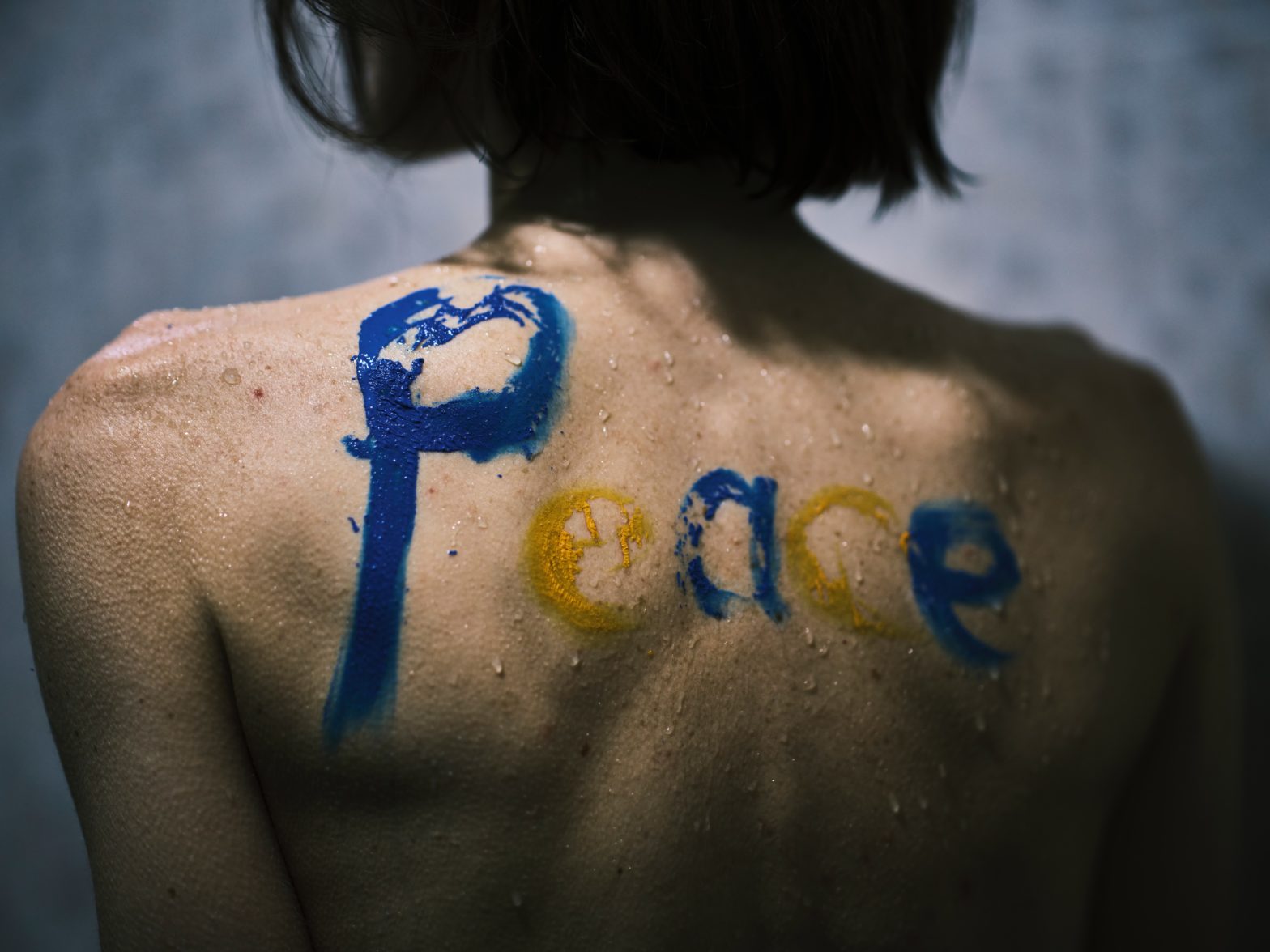On the 24th of February, few days after the Beijing Winter Olympics, Russia invaded Ukraine, claiming that it is a ‘special military operation to ‘demilitarise and denazify’ Ukraine.
The international society expects Beijing to stops Russian invasion, perhaps a mediator to call for cease fire. However, China’s attitude has obviously disappointed many people from the West. Intelligence reported that China has been supporting Russia financially and militarily. Some have even framed the China-Russia allies as ‘arc of autocracy’.
Indeed, China has in fact being ambiguous, if not awkward, in the last few weeks towards the invasion. This article will try to demythologise China’s position in the Russia-Ukraine war.
China’s awkward position
Rationally speaking, supporting Russia does not fully align with China’s national interests. The PRC has a long history of non-interference. Claiming itself as the leader of the third world during the Cold War, meaning it neither belonged to the camp of communist and capitalist bloc – and obviously it did not, China proposed the ‘five principles of peaceful of coexistence’ since 1958. It emphasises the importance of sovereignty and non-interference in other countries’ internal affairs. This can be shown in issues such as Xinjiang, Hong Kong, Taiwan, and the South China Sea. Therefore, Russia’s invasion to Ukraine
In addition, a war in Europe affects China’s economic interests. Indeed, Russia is one of China’s important trading partners, especially on energy import. However, China has had a closer economic engagement with Western Europe in recent years since the Belt and Road Initiative. Hence, tensions have put China in a difficult position. It is hesitated to pick a side openly, as either side will harm its economic interests.
However, China shares its anxiety of western security expansion with Russia, namely, the NATO. While Russia is being insecure of the five consecutive round of NATO’s eastward expansion, China is also concerned about US pivot to Asia strategy in the last decade, especially the formation of QUAD. Therefore, Beijing has suggested that NATO is the root of the invasion in Ukraine, and that the western world needs to address Russia’s security demands.
The personal relationship between President Xi and Putin is also crucial here. There have been voices within China that ‘it is not in Beijing’s interests to rely solely on an anti-Western alliance with Moscow’. Xi may use his relationship with Putin to offer Russia an offramp in the cease of fire negotiation. However, these voices tend to be minor. They are somewhat politically incorrect, given that Xi-Putin relationship is so special – they have met 38 times officially.
Serving for its best interests
It is no doubt that leaders in Zhongnanhai is watching the Russia’s invasion in Ukraine closely. But rather, they are thinking of how the war could serve for China’s best interest.
It is not a surprise that China voted abstained in the UN’s Security Council. This aligns with China’s diplomatic history of ‘non-interference’, while showing that China neither support or against Russia. As suggested, either side would harm China’s interests in Europe.
In fact, China was not the only country that vote abstain in the holding session – India and UAE also did. In terms of economic sanctions, Malaysia, Indonesia, Bangladesh are also unwilling to have sanction against Russia. It seems that China’s reluctance to join the West’s action has been exaggerated.
This is understandable because China, arguably the second-tier Indo-Pacific power below the US, would then be the third factor that, may alter the humanitarian crisis in Ukraine. However, the western world seems to assume that economic sanctions are the only way to show support to Ukrainians, when humanitarian intervention is unlikely. Though history tells us sanctions can only be effective in long term.
While China goes against sanctions, it never goes against providing humanitarian support to Ukrainians. The recent phone call between Xi and Biden has confirmed this. Indeed, humanitarian aids has been one of China’s ways in participating in international affairs and global governance as a great power. It serves for China’s national interests, which demonstrate the ‘harmonious’, ‘non-barbaric’ side of Chinese people.
Last but not least, China has been learning from Russia’s invasion about the tactics of military operations and the impact of economic sanctions. Although Beijing has been reluctant to connect the Ukraine war with Taiwan crisis (it should not be anyway), I think that Russian’s experience would still a good lesson for the Chinese military and strategists to learn possible scenarios of Taiwan occupation. How would the west react? How to be more efficient to invade the island? Surely, the PLA still lacks capability and experience to occupy Taiwan, but they could learn from Russian mistakes.
What are we expecting from China?
Few weeks ago in a public lecture, Professor Hugh White suggested that, while Russia invaded Ukraine was a big deal, American promise of not to send troops to Europe was also crucial. The Russia invasion indicates the indecision and decline of American hegemonic power.
With the US inaction, this is perhaps why the world turns to China. People expect the rising power to do more in this incident. Unfortunately, according to Xi’s recent phone call with Biden, this is unlikely to happen. However, I suggest that leaders in Beijing would be smart enough not to drag with Russia and to be boycotted by the West economically. It is also unlikely that China will support Russia openly.
Nevertheless, even if China becomes more involved in the crisis, people might be just as worried, as well given by its political system – it is not just one of us. We have seen how China has posited itself awkwardly in the western dominated international system in the last two decades. We are still being uncertain for China being a great power.
And that is the question that the Chinese has been asking for a long time: what are the world expecting from us?


3 thoughts on “China’s ‘awkward’ position in Russia’s invasion in Ukraine”